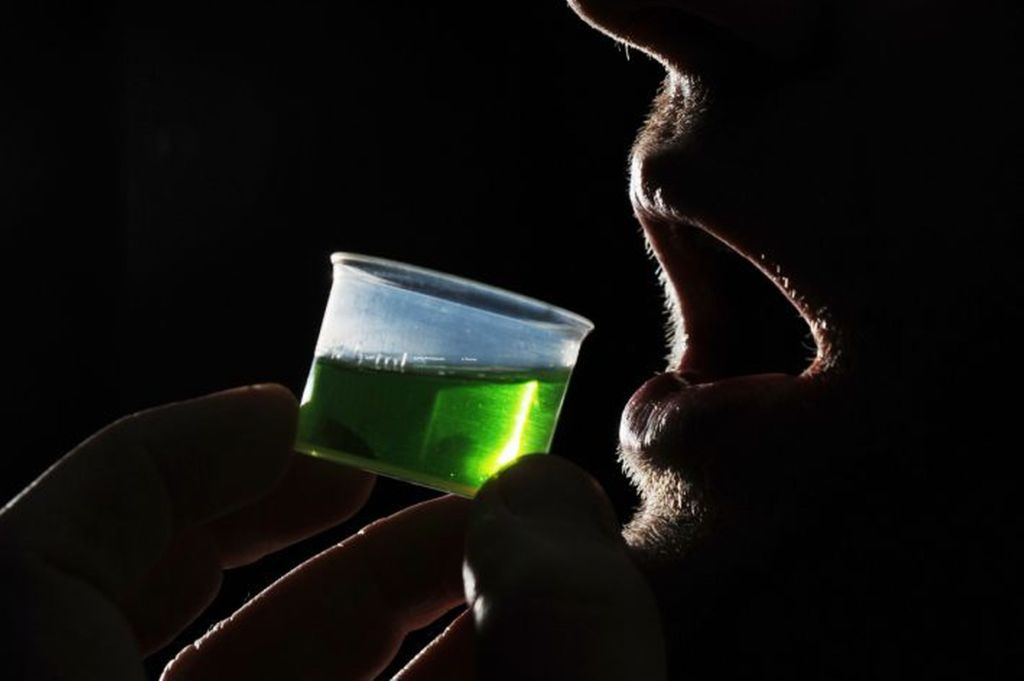This new methadone alternative can save lives

Methadone is commonly used as a drug to help wean heroin addicts off the opioid drug.
But the drug is extremely dangerous, with deaths increasing exponentially in recent years.
Scientists have been trying to develop an alternative to methadone for years, and may finally have the answer in a new substance: diacetylmorphine.
Diacetylmorphine is the active ingredient in heroin, which seems like it would be more dangerous and more addictive.
However, scientists have found that it could still be the safe alternative to methadone:
Based on projections from the model, an average individual in a methadone program would live 14.54 years – less than nine years in treatment, and about five and a half years in relapse, costing society about $1.14-million in health-care, criminal justice and other costs. An average individual taking diacetylmorphine treatment would live 15.43 years – nearly 10 and a half years in treatment and four in relapse, costing society roughly $1.1-million.
The difference in numbers is not enormous, but noticeable enough for scientists to begin to develop it as an alternative medication. Trials have already been conducted among patients.
In fact, in the most important metric of methadone’s effectiveness—relapse—diacetylemorphine shows great improvement:
Specifically, among those taking diacetylmorphine, the rate of retention in addiction-treatment programs was about 88 per cent; it was 54 per cent in the methadone group.
More research will be required, but the promise of initial tests shows promise for future use.



